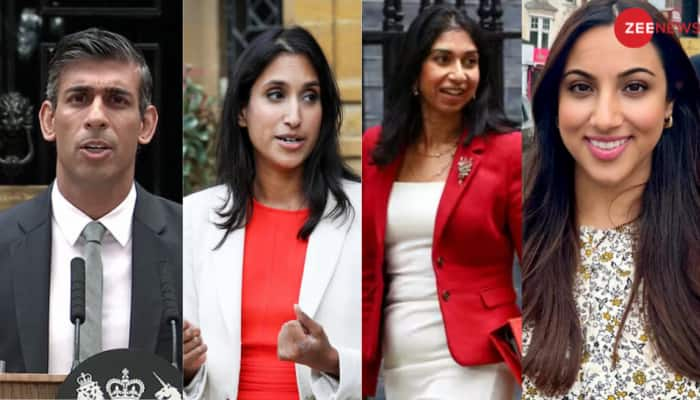Ayodhya dispute: SC accepts Subramanian Swamy's plea for urgent hearing
Swamy is seeking direction to allow construction of a Ram Temple in Ayodhya at the site where the disputed structure was demolished in 1992.
Trending Photos
)
New Delhi: The Supreme Court, Friday, decided to hear BJP leader Subramanian Swamy's plea seeking hearing on the Ayodhya dispute on a day-to-day basis.
In August, Swamy had raised the matter in the Rajya Sabha and made a case for day-to-day hearing in the Supreme Court on the Ayodhya dispute and also sought discussion on the matter.
"In the manifesto of BJP, we had made a solemn assurance that as per legal methods, and that is through courts, we will find a solution. And this is now widely accepted by all parties," he said.
The matter is currently pending in the Supreme Court. He also said that all parties had "agreed" that there should be day-to-day hearing on the issue to find a solution.
Earlier in February, Swamy had moved a fresh petition in the apex court seeking direction to allow construction of a Ram Temple in Ayodhya at the site where the disputed structure was demolished in 1992.
Swamy in his petition claimed that under the practices prevalent in Islamic countries, a mosque could be shifted to any other place for public purposes like constructing road etc., whereas a temple once constructed cannot be touched.
“A temple and a masjid cannot be considered on par as far as sacredness is concerned. A masjid is not an essential part of Islam religion, according to the above majority judgment of a Constitution Bench of the Supreme Court, whereas according to the House of Lords, U K (1991), the temple is always a temple even if in disuse or ruins.
“Thus, the fundamental truth is that the Ram temple on Ram Janmabhoomi has an overriding claim to the site than any mosque,” Swamy claimed in his plea.
He also sought directions to expedite the disposal of several petitions challenging the Allahabad High Court verdict of three-way division of the disputed Ram Janmabhoomi-Babri Masjid site in Ayodhya on September 30, 2010.
While ordering status quo at the site, which means that prayers at Ram Lalla’s make-shift temple at the disputed site in Ayodhya would go on as usual, the apex court had restrained any kind of religious activity on the adjacent 67 acres of land which had been taken over by the Centre.
With agency inputs
Live Tv







)
)
)
)
)
)
)
)
)
)
